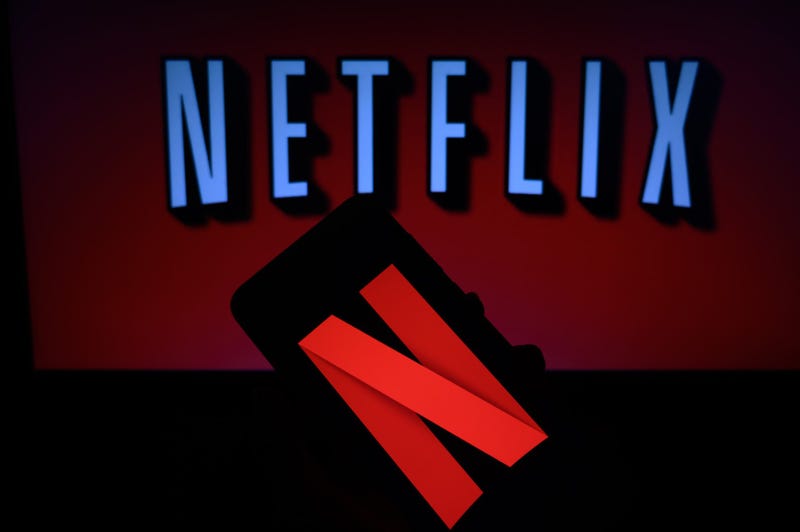
AUSTIN (Talk1370.com) -- The City of Austin is joining a number of other municipalities across the country in trying to force streaming service providers to pay franchise fees originally targeted at traditional cable providers.
Austin City Council members voted Thursday to hire outside legal counsel on a contingency agreement to sue Netflix, Hulu, and Disney over years of unpaid franchise fees, along with a judgement ordering the services to pay the fees on an ongoing basis.

The contingency agreement means the city won't pay anything unless the three law firms involved deliver a judgement against the video providers. Other streaming services may also be added to the suit later, officials said.
Under Texas law, video service providers such as cable TV and telephone companies are able to place transmission lines on public right-of-way in exchange for remitting 5% of their gross revenues back to local municipalities. With consumers continuing to "cut the cord" and switch from traditional pay television services to streaming services, that franchise fee revenue has begun to decrease.
Houston and Dallas have taken similar steps to Austin; other cities across the state involved in the litigation include Abilene, Frisco, Plano, Carrollton, Garland, Mesquite, Sugar Land, Amarillo, Waco, Grand Prairie and Arlington. Other cities across the country have also engaged in similar litigation with the streaming providers.
Under the approved agreement, the outside law firms - McKool Smith, P.C., Ashcroft Sutton Reyes LLC, and Korein Tillery LLC - will receive 30% of any funds recovered without going to trial. If a trial is needed, the firms' share will go up to one third - 33 1/3% - of the recovered fees.
A spokesman for Netflix, speaking with tech industry publication The Verge in regards to a similar suit in Georgia, said the companies object to the lawsuits. “These cases falsely seek to treat streaming services as if they were cable and internet access providers, which they aren’t,” the spokesperson said. "They also threaten to place a tax on consumers that the legislature never intended, and we are confident that the courts will conclude that these cases are meritless."
